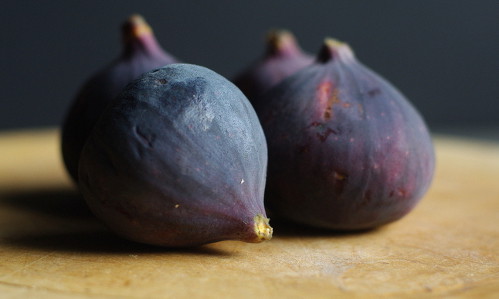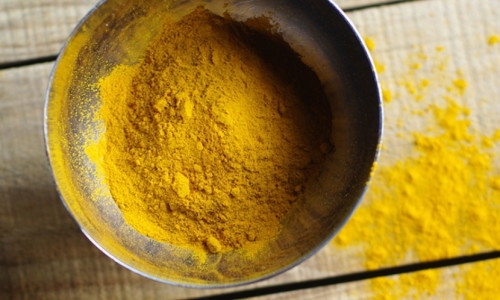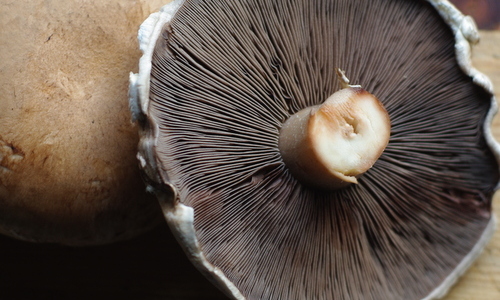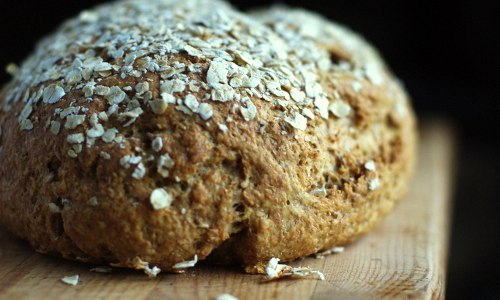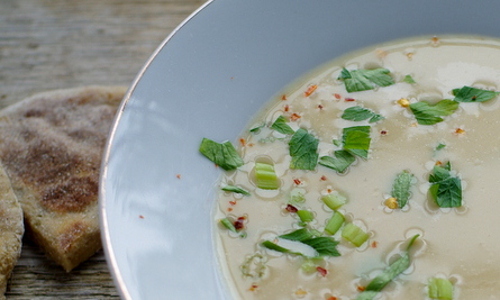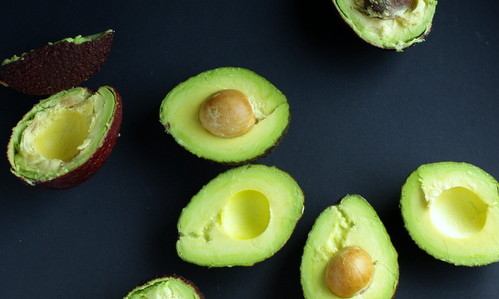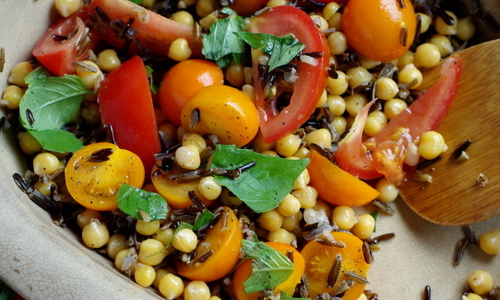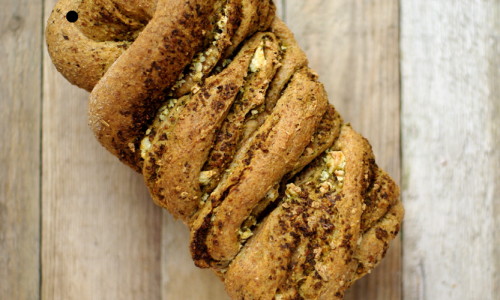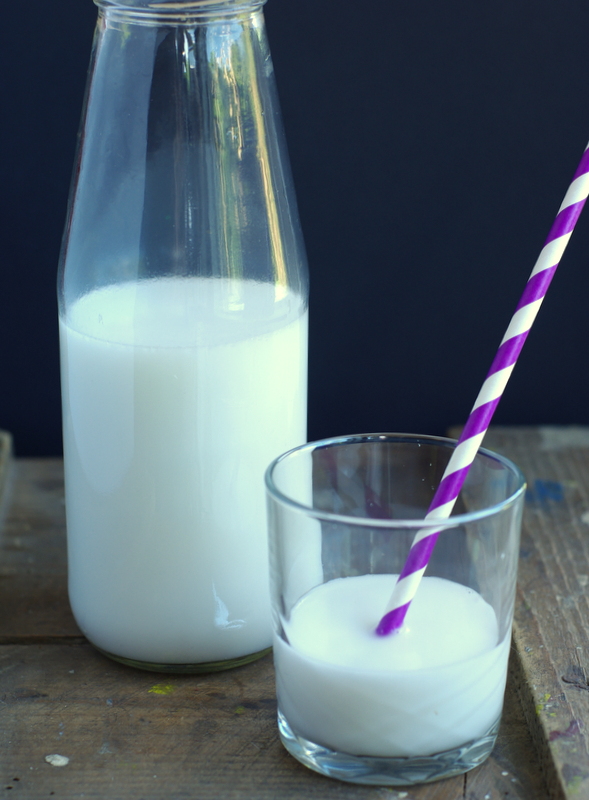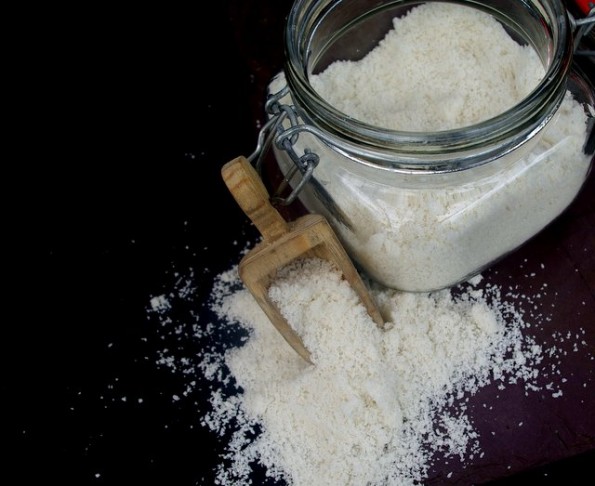Coconut has been in the healthy food spotlight a lot lately. New science which has been looking into the role that saturated fats play in our diets, and the discovery that the specific type of saturated fat found in coconut (Medium Chain Triglycerides) is actually beneficial to our health, has sent coconut shooting to the front of our healthy eating consciousness.
Of course, as with any food which is presented as the holy grail of nutrition, there are those who believe that coconut’s super-food label is a fallacy and that it is actually harmful to our health. I tend to believe that moderation is the key with most things, and if you eat a wide variety of foods without actively cutting out whole food groups or eating only one thing, this will provide an abundance of nutrition that will allow the body to thrive.
Coconut has an impressive list of health benefits with a number of studies to back them up. Among its benefits, coconut is low on the glycemic index which means that it provides long lasting energy and stable blood sugar levels. Also, unlike other fats, those found in coconut are used directly by the liver and help to improve brain function with some studies even suggesting that it could be a potential help in staving off dementia (though this claim is quite controversial). Another wonderful benefit that coconut offers is that it can help to support a healthy immune system, and contains anti-viral, anti-bacterial and anti-fungal properties. And, to top it all off, it also gives you lovely hair and skin!
With the ongoing popularity of the paleo diet coconut flour has become a sought after ingredient. But for somewhere around £4.00 per 500g, it’s a pretty pricey way to incorporate it into your diet. However, it turns out that making coconut coconut flour and coconut milk go hand in hand (in fact coconut flour is basically a bi-product of making coconut milk) and it’s really easy! I can get a big bag of desiccated or shredded coconut and make my own for a fraction of the price.
The basic process is this:
- Soak the coconut in hot water for about 15 minutes
- Put it in a blender and blitz it on high for a few minutes (my blender is not a fancy one so doesn’t get it as smoothly blended as other blenders might, but that doesn’t seem to affect the outcome really.)
- Strain the mixture through a cloth lined sieve (You can buy special nut milk bags for this but I just use an old, clean tea towel or other similar cotton cloth). Squeeze out as much of the liquid as you can. This is your coconut milk. Expect some separation if you leave it to sit as the coconut cream will rise to the top.
- Empty the left over coconut bits onto a baking tray or roasting tin and put it in the oven on VERY low for about eight hours to dry it out completely. This is your coconut flour! You can grind it finer at this point if you want to.
Coconut milk and flour are versatile and nourishing ingredients, and if they’re things that you’re likely to use it’s well worth making your own. Below I’m including a recipe for chocolate coconut milk which uses the same process with a few added ingredients…because really…why wouldn’t you?
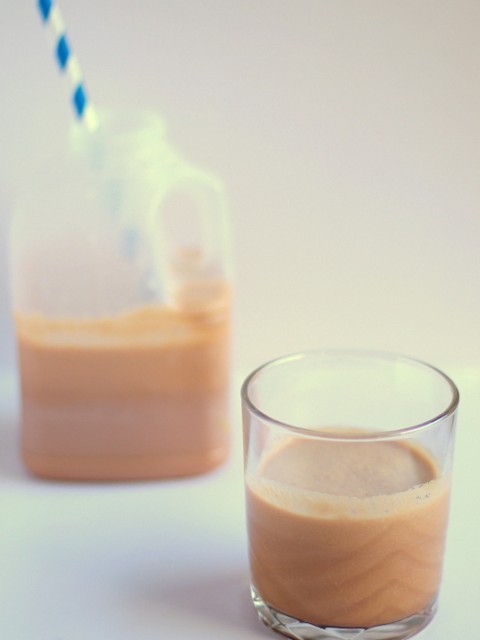

- 200g desiccated coconut
- 50g dates, roughly chopped
- 2 Tbsp cocoa powder
- 600mL hot water
- Put the coconut, dates and cocoa into a large bowl, pour the water over the top and give it a good stir to make sure it’s all soaking. Cover with a lid and leave for 15-30 minutes.
- Blitz the mixture for a few minutes until it’s as smooth as possible (there will still be some coconut flecks in it)
- Strain it through a cloth lined sieve, squeezing out as much of the milk as you can. Store the milk in an airtight container and give it a good shake before using it.
- For plain coconut milk omit the dates and cocoa, or for vanilla flavoured use omit the cocoa and add 1 to 1 1/2 tsp vanilla extract.

